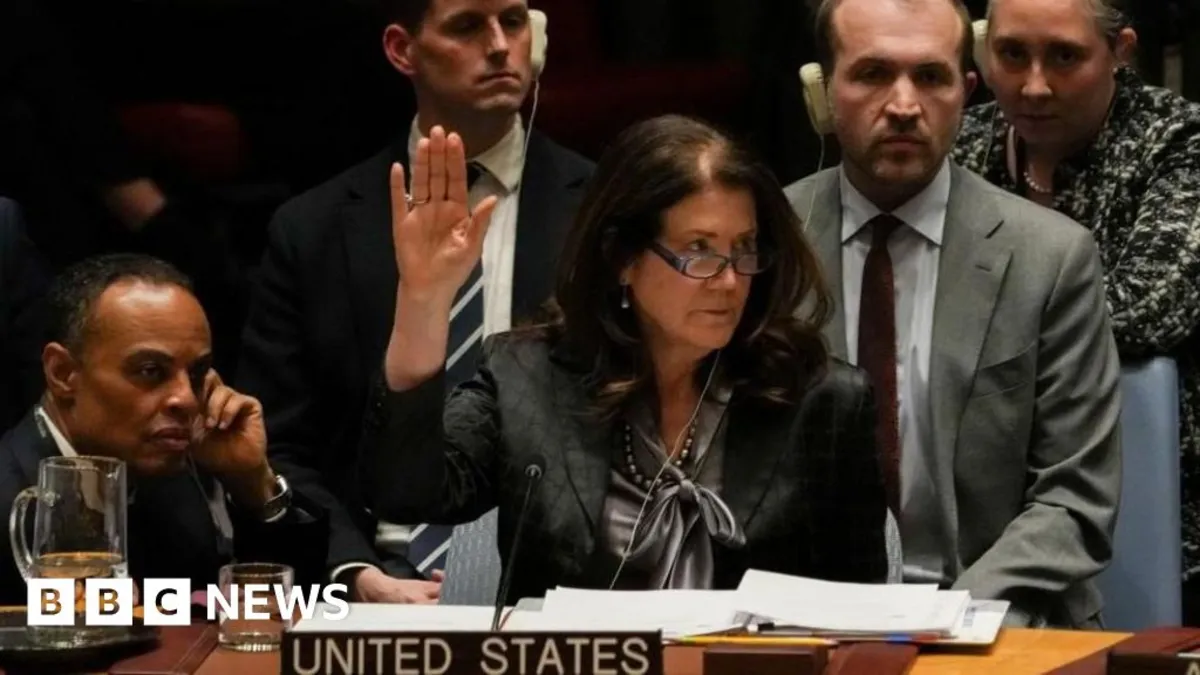
The United States has recently taken a surprising stance at the United Nations by aligning with Russia during key votes. This move marks a significant change in the Trump administration's approach to the ongoing conflict in Ukraine. The decisions came as the UN marked the third anniversary of the Russian invasion of Ukraine, raising eyebrows among international observers.
The first instance of this shift was evident when the US and Russia opposed a European-drafted resolution at the UN General Assembly (UNGA) in New York. This resolution condemned Moscow's actions and expressed support for Ukraine's territorial integrity. Despite the opposition, the resolution was passed, highlighting the US's altered stance on the conflict.
Subsequently, the US backed its own drafted resolution at the UN Security Council. This resolution called for an end to the conflict but notably omitted any criticism of Russia. Although the Security Council resolution was ultimately passed, key US allies such as the UK and France abstained from voting, following failed attempts to amend the wording.
The competing resolutions coincided with French President Emmanuel Macron's visit to President Donald Trump at the White House. This meeting aimed to address the growing differences over the war. Similarly, British Prime Minister Sir Keir Starmer is scheduled to meet the new American leader, signaling ongoing diplomatic efforts to bridge the divide.
President Trump's administration has upended the transatlantic alliance, favoring closer ties with Moscow and raising questions about America's long-term commitment to European security. This rift was evident on the floor of the 193-member UNGA, where US diplomats presented a limited resolution mourning the loss of life in the Russia-Ukraine conflict and calling for a swift end.
European diplomats, in contrast, tabled a more detailed text blaming Russia for its full-scale invasion and supporting Ukraine's sovereignty. Ukrainian Deputy Foreign Minister Mariana Betsa emphasized the need to condemn and discredit aggression. Despite this, the US, along with countries like Israel, North Korea, and Hungary, voted against the European resolution. In total, 93 UNGA members backed the European resolution, while 65 abstained.
The amended US resolution was passed by the UNGA after it included language supporting Ukraine, resulting in the US abstaining. At the more powerful UN Security Council, the unamended US resolution passed with 10 votes, while the UK, France, and several other nations abstained.
America's acting envoy to the UN, Dorothy Camille Shea, described the US resolution as a historic statement focused on ending the war. This divergence between the US and its European allies is rare and significant. Since Russia's invasion of Ukraine, the Security Council has been deadlocked due to Russia's veto power. Consequently, the UNGA has been the primary forum for debating the conflict, though its resolutions are not legally binding.